We live in a world that’s increasingly reliant on technology from the moment we wake up to our alarm clock to when we scroll through our phones before bed. While we often focus on the conveniences technology offers, there’s a surprising number dangers we need to be aware of, as we see in these 20 hidden dangers of technology:
Smartphone Radiation Exposure

Smartphones emit low levels of radiation that research has linked to potential health concerns, including disrupted sleep and an increased risk of brain tumors. While studies are ongoing, it’s best to limit prolonged exposure to smartphones and use hands-free devices where possible.
Blue Light Disrupting Sleep Cycles
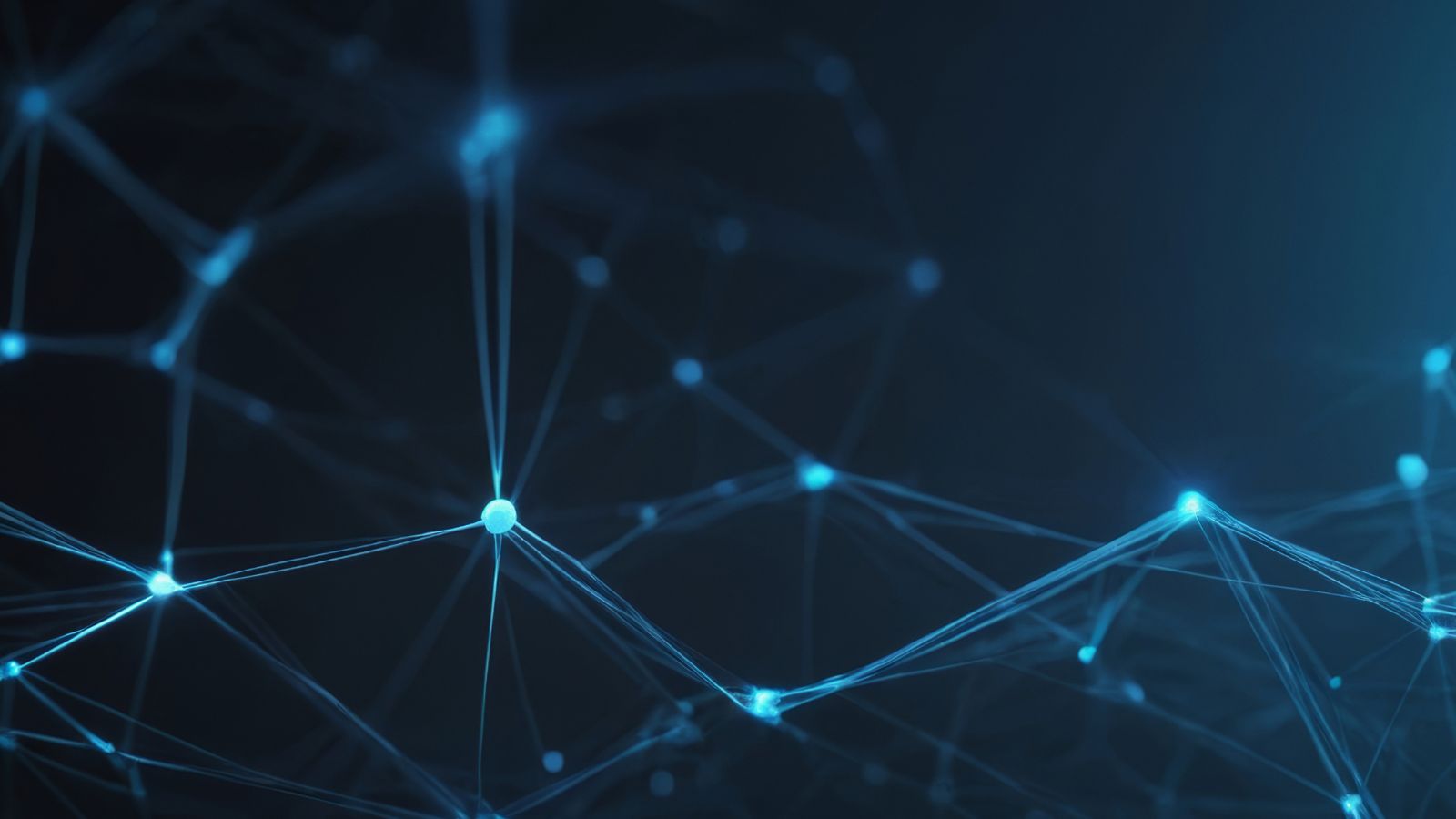
The blue light emitted by screens can interfere with melatonin production, which is the hormone that helps regulate sleep-wake cycles. Excess use of devices, especially late at night, can make it harder to fall asleep, leading to chronic sleep deprivation which increases the risks of heart disease, obesity, and depression.
Digital Eye Strain

Staring at screens for long periods can cause eye strain, headaches, and blurred vision. The 20-20-20 rule, which is looking at something 20 feet away for 20 seconds every 20 minutes, can help reduce symptoms.
Wi-Fi Security Vulnerabilities
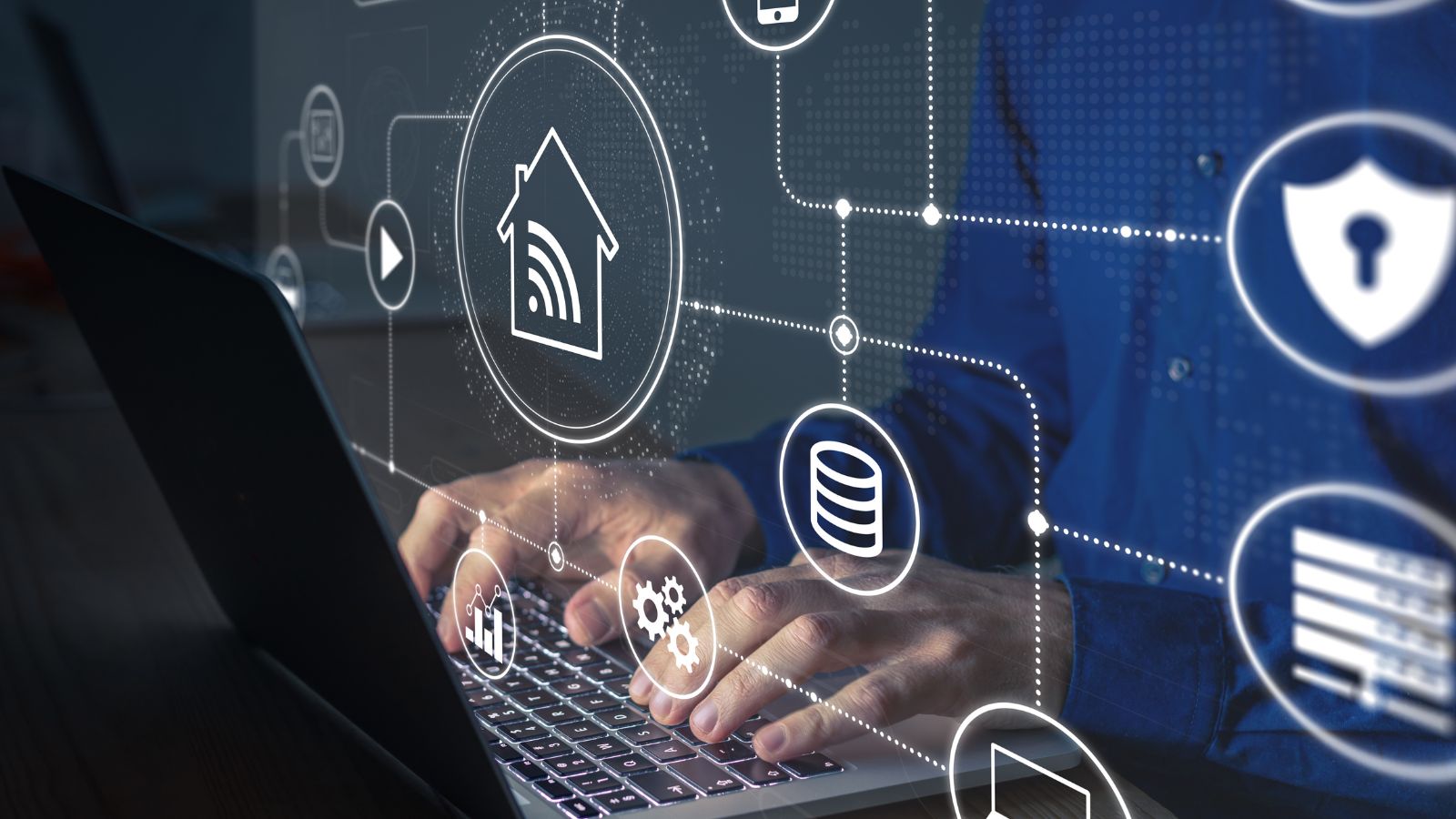
Public Wi-Fi networks are prone to hacking, making personal data susceptible to theft and scams. Using a Virtual Private Network (VPN) and avoiding sensitive transactions on public networks can help protect your information.
Social Media Anxiety

Seeing others post about exciting events, vacations, or achievements can make you feel like you’re missing out or not measuring up. If you’re using social media excessively, anxiety can increase, leading to mental health issues, so it’s important to take regular breaks.
Smart Home Device Privacy Issues
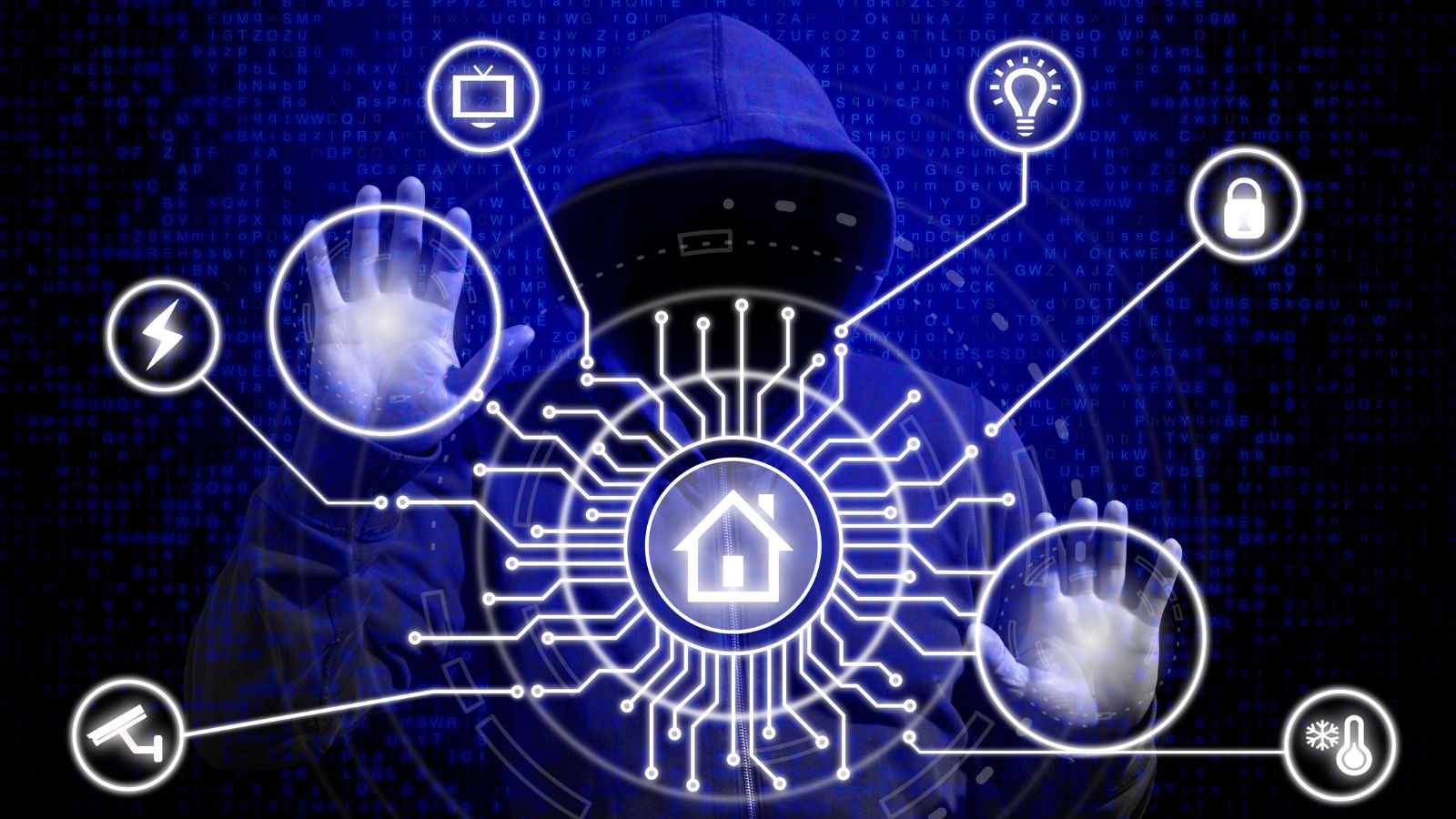
Smart home devices, such as security cameras and voice assistants are becoming more common where they offer convenience. But, smart devices are prone to hacking as they can be used to collect private data. You should always use strong passwords and regularly update firmware to reduce risks.
Car GPS Tracking Exploitation
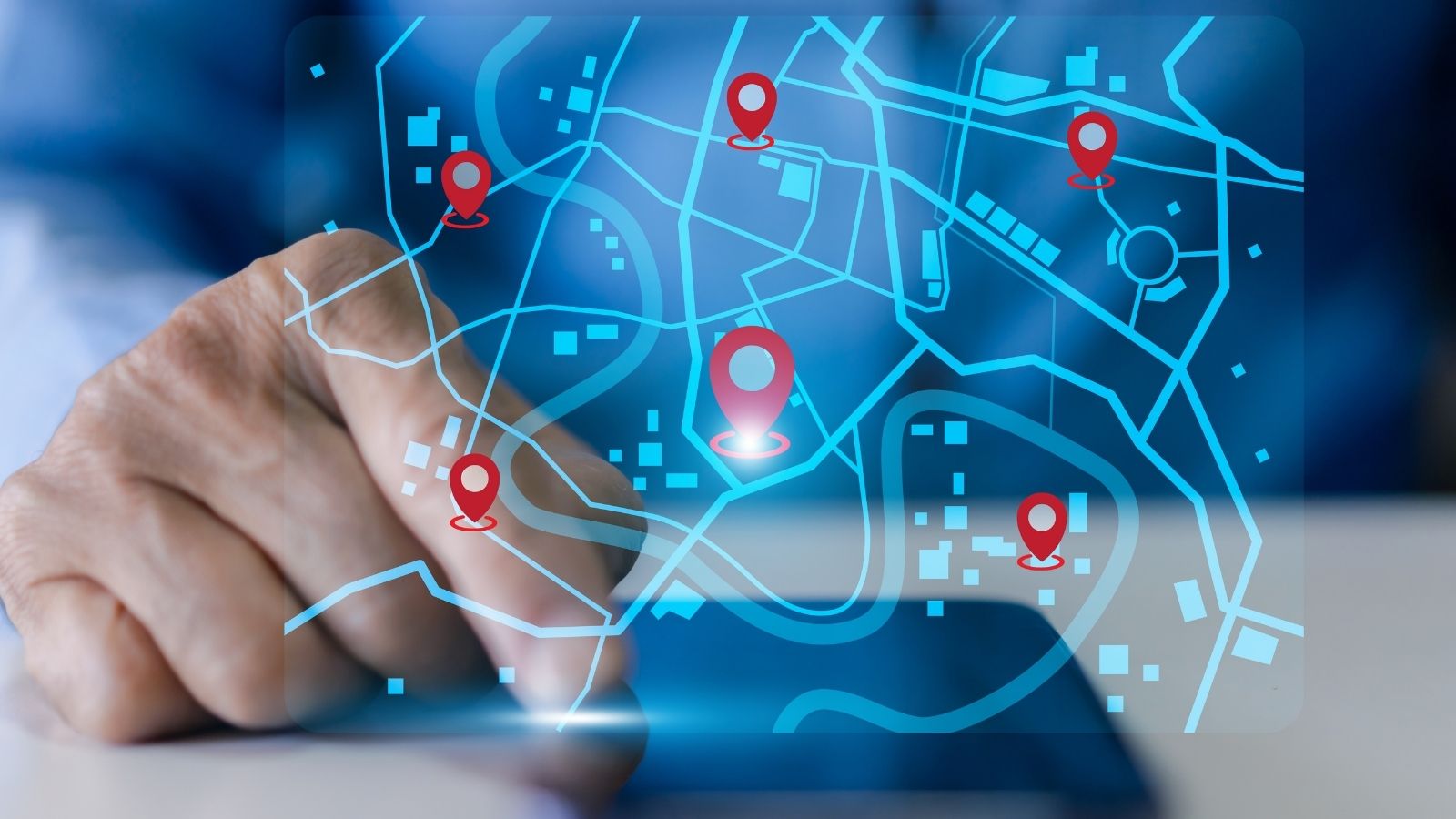
GPS technology is useful for drivers but it can also be exploited by hackers or stalkers. Disabling GPS when not needed and using privacy settings on apps can help prevent tracking and reduce threats to your privacy.
Overuse of Bluetooth Devices
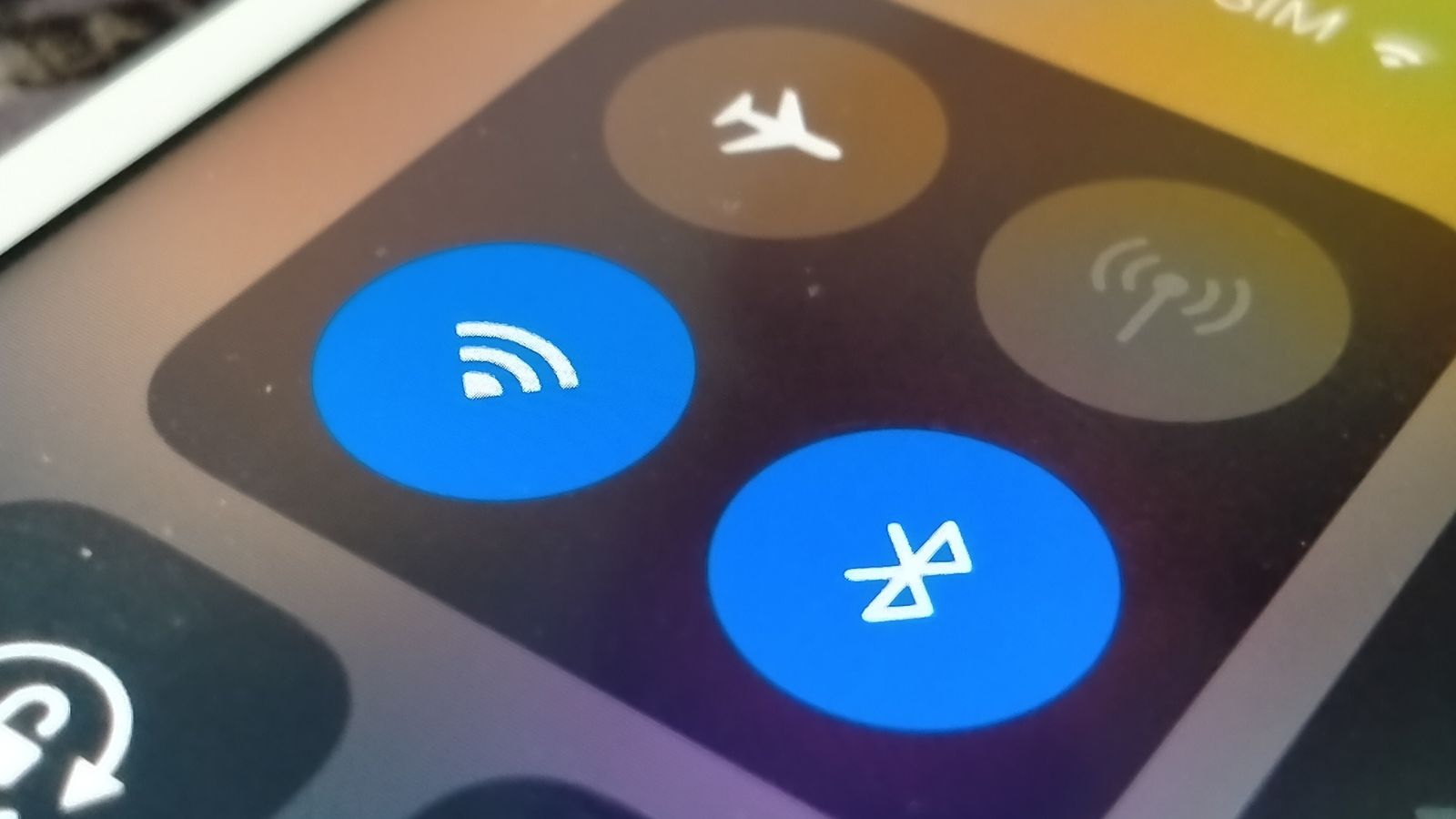
Bluetooth signals can be intercepted by hackers, potentially exposing sensitive information. Turning off Bluetooth when not in use and avoiding unknown pairing requests enhances security.
Digital Overload and Reduced Attention Span
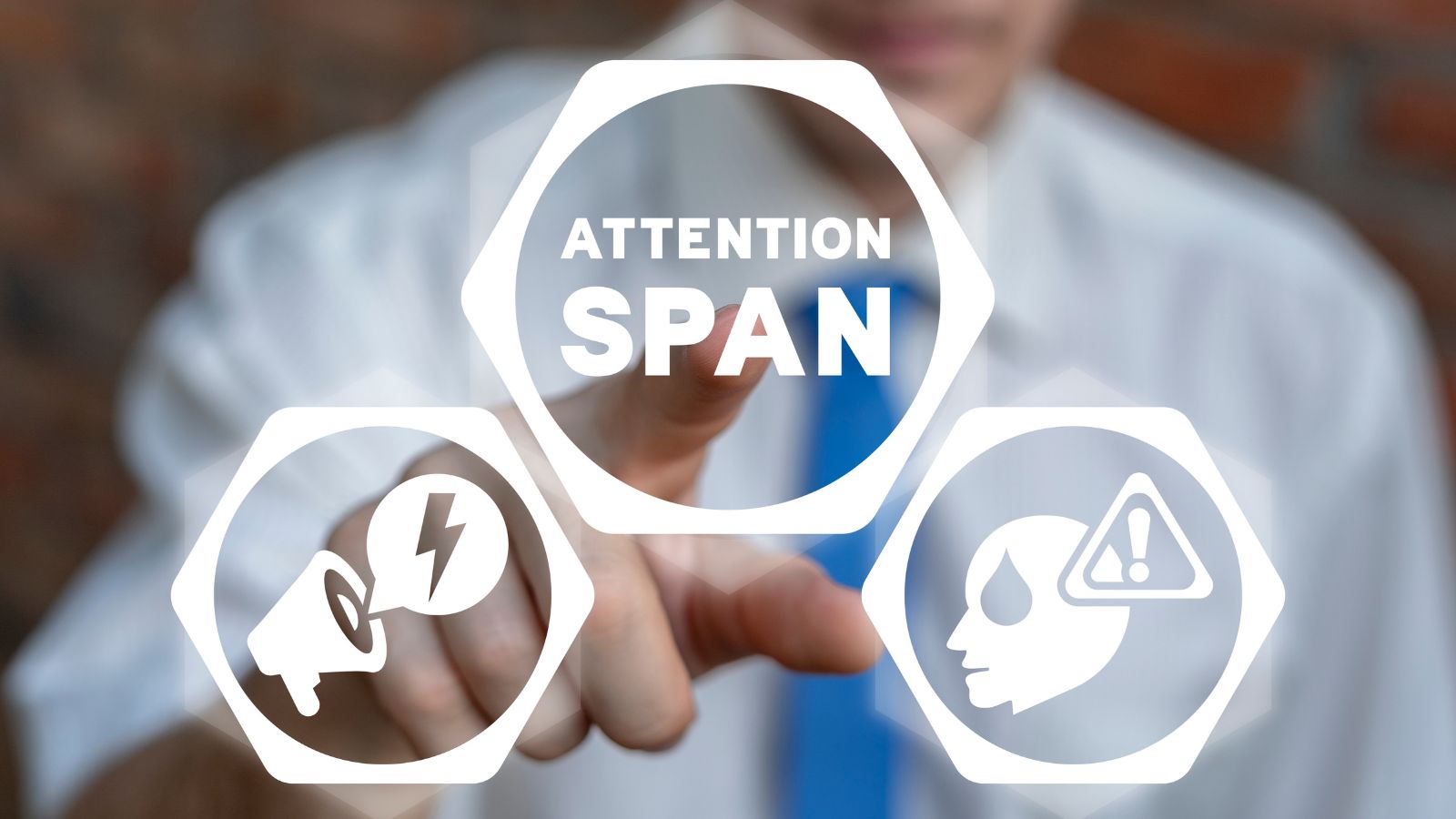
Constant notifications and digital multitasking can lead to decreased focus and productivity. Designating screen-free time and practicing mindfulness can help improve attention span.
E-Waste and Environmental Impact

Obsolete electronics contribute to growing e-waste, releasing harmful chemicals into the environment. Recycling and choosing sustainable tech options can minimize the impact.
Weak Passwords Leading to Identity Theft
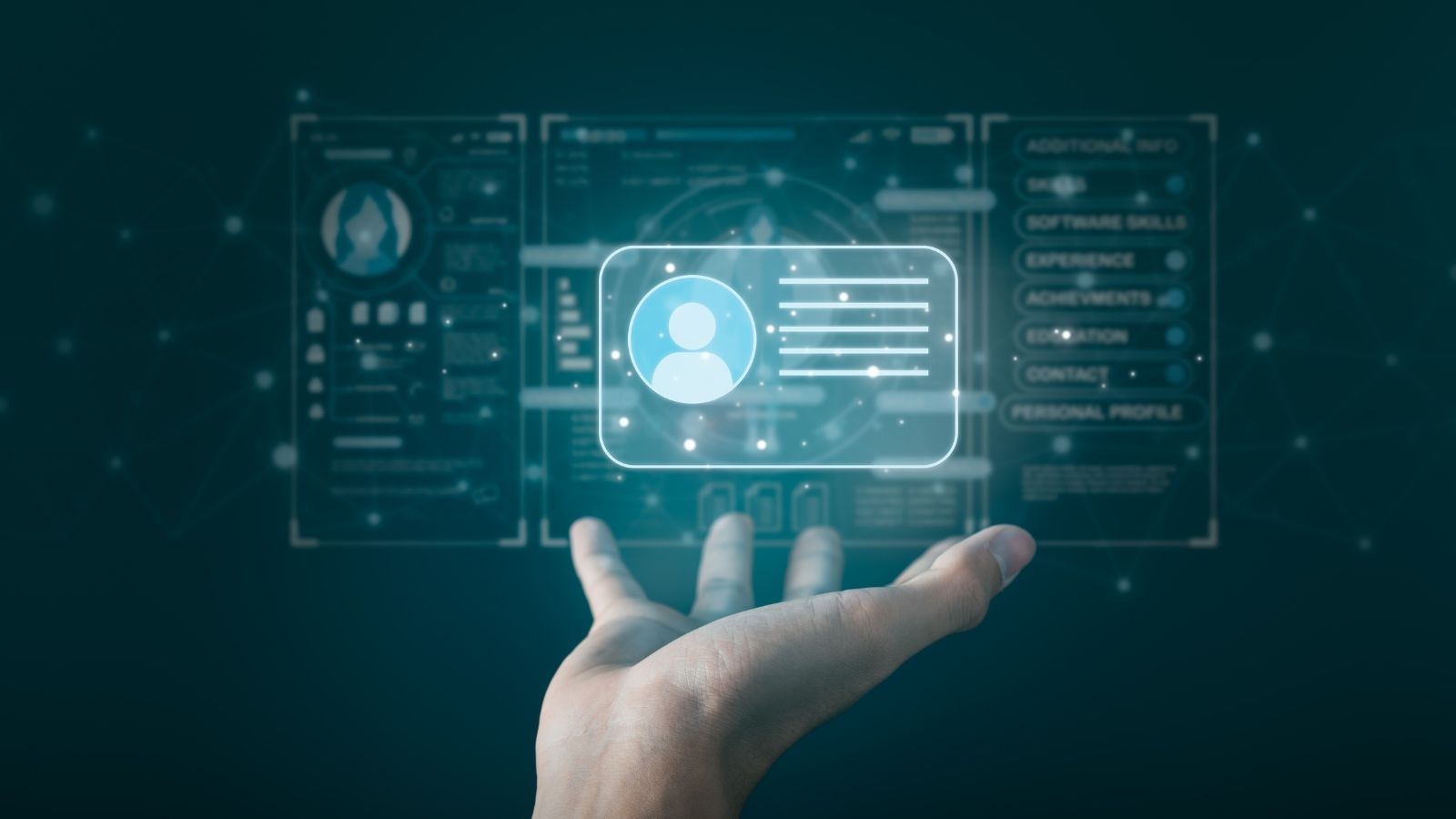
Many people use simple passwords that are easy to guess, making them vulnerable to identity theft. It’s safer to use complex, unique passwords or use a password manager to manage passwords for each of your accounts.
Fitness Tracker Data Vulnerability

While fitness trackers offer valuable insights into our physical activity and can be great motivators, they also collect a lot of personal data, raising concerns about security breaches and privacy violations. Before using your trackers, check your privacy settings and restrict data sharing to protect personal information.
Cyberbullying and Online Harassment

The anonymity of the internet means cyberbullying is becoming increasingly common, often leading to poor mental health. Reporting abusive behavior and using blocking features can help maintain online safety and good education for younger users is essential.
Cloud Storage Risks
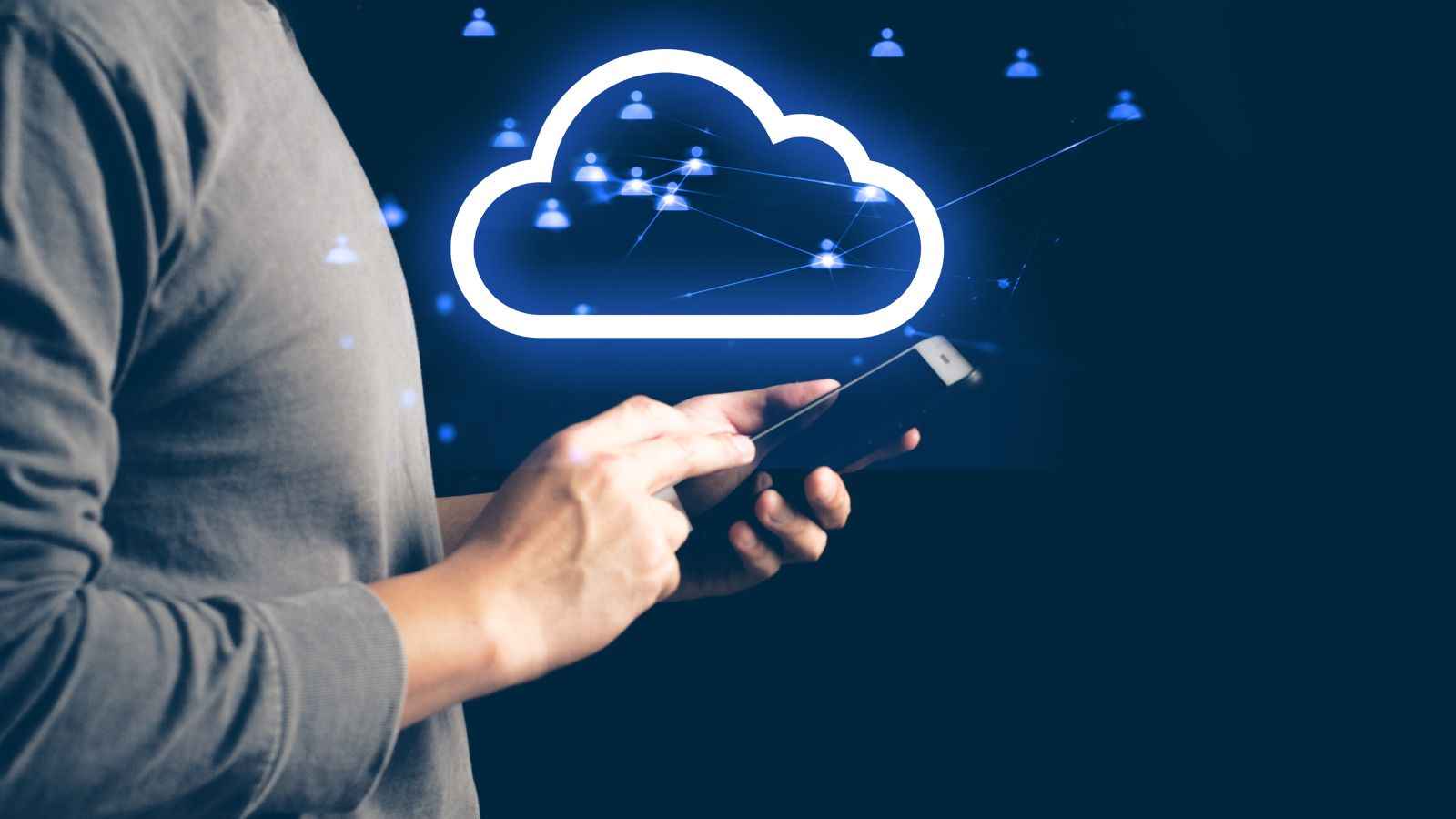
Cloud providers store vast amounts of data, making them a prime target for hackers. A successful breach can expose sensitive information like personal details, financial records, and confidential business data. Using two-factor authentication and encrypting files can help safeguard any personal or business data.
Over-Reliance on AI Recommendations
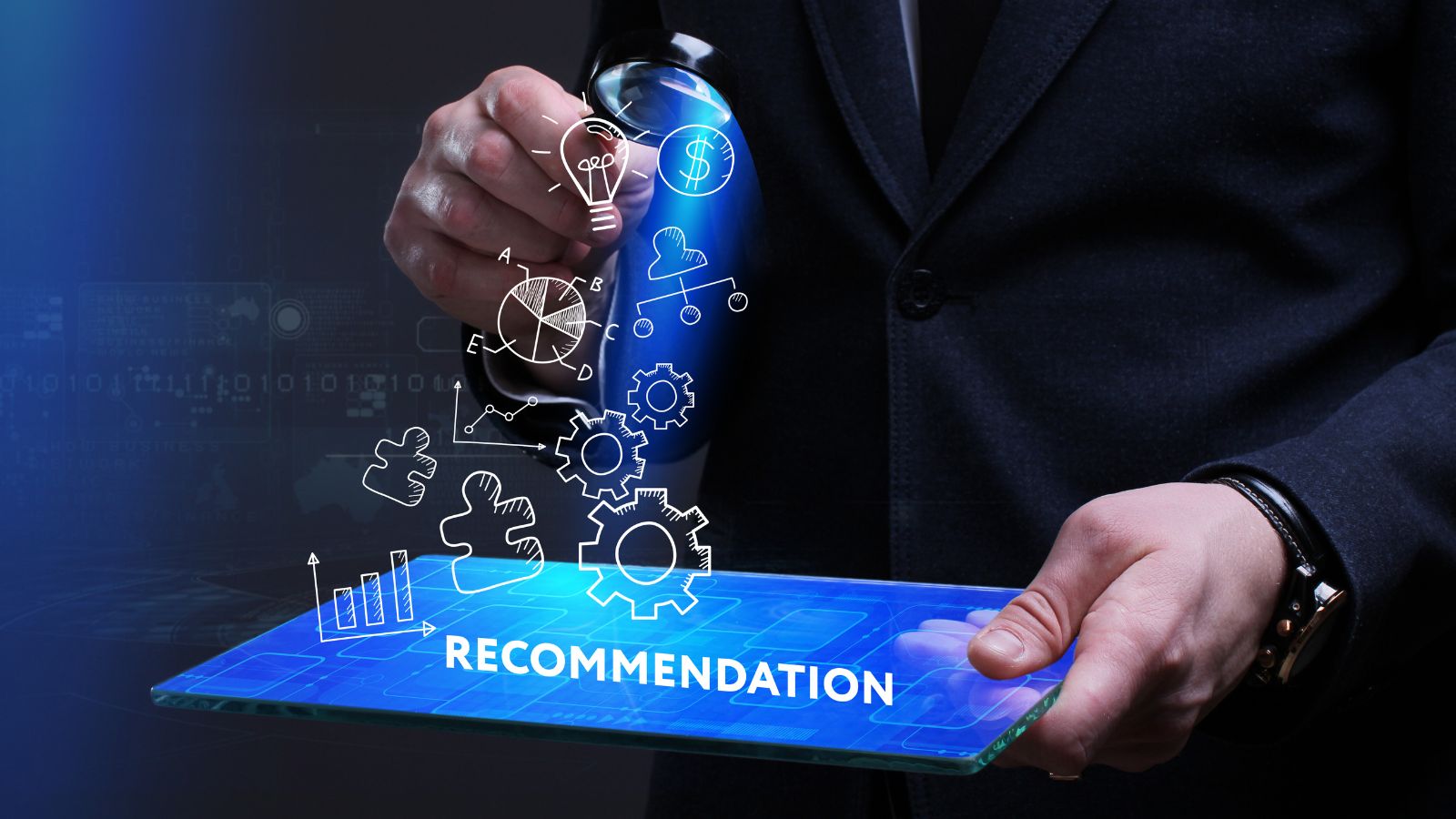
AI algorithms curate content, but they can also create echo chambers that reinforce biases and misinformation. It’s important to get your information from a variety of sources and fact-check them so you have a more balanced perspective.
EMF Radiation from Everyday Devices
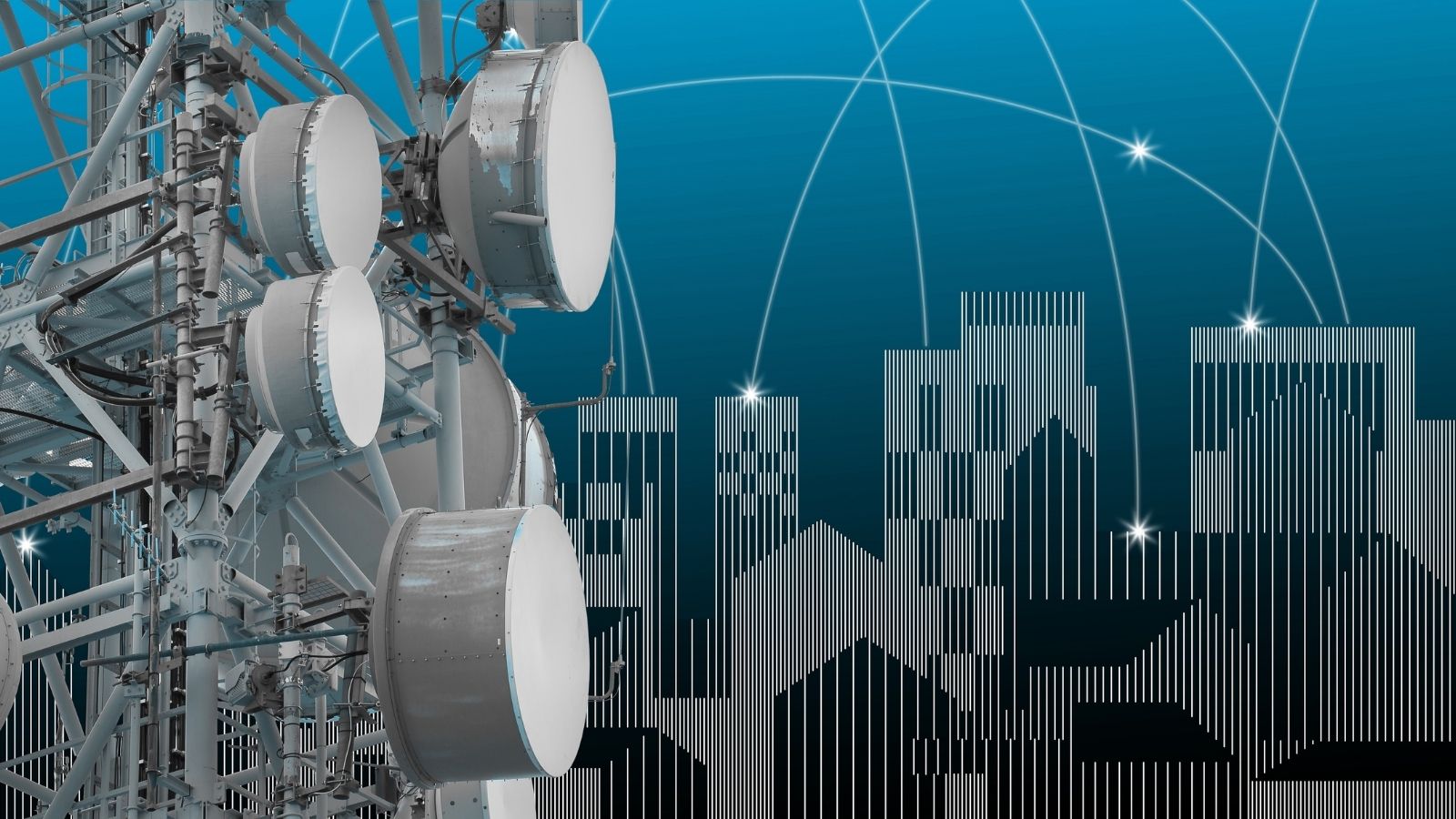
Devices like laptops and microwaves emit electromagnetic fields (EMFs), which some studies suggest may have long-term health effects. It’s safer to keep a distance from any unnecessary devices and limit the use of the one you really need so you can reduce exposure.
Video Conferencing Privacy Concerns
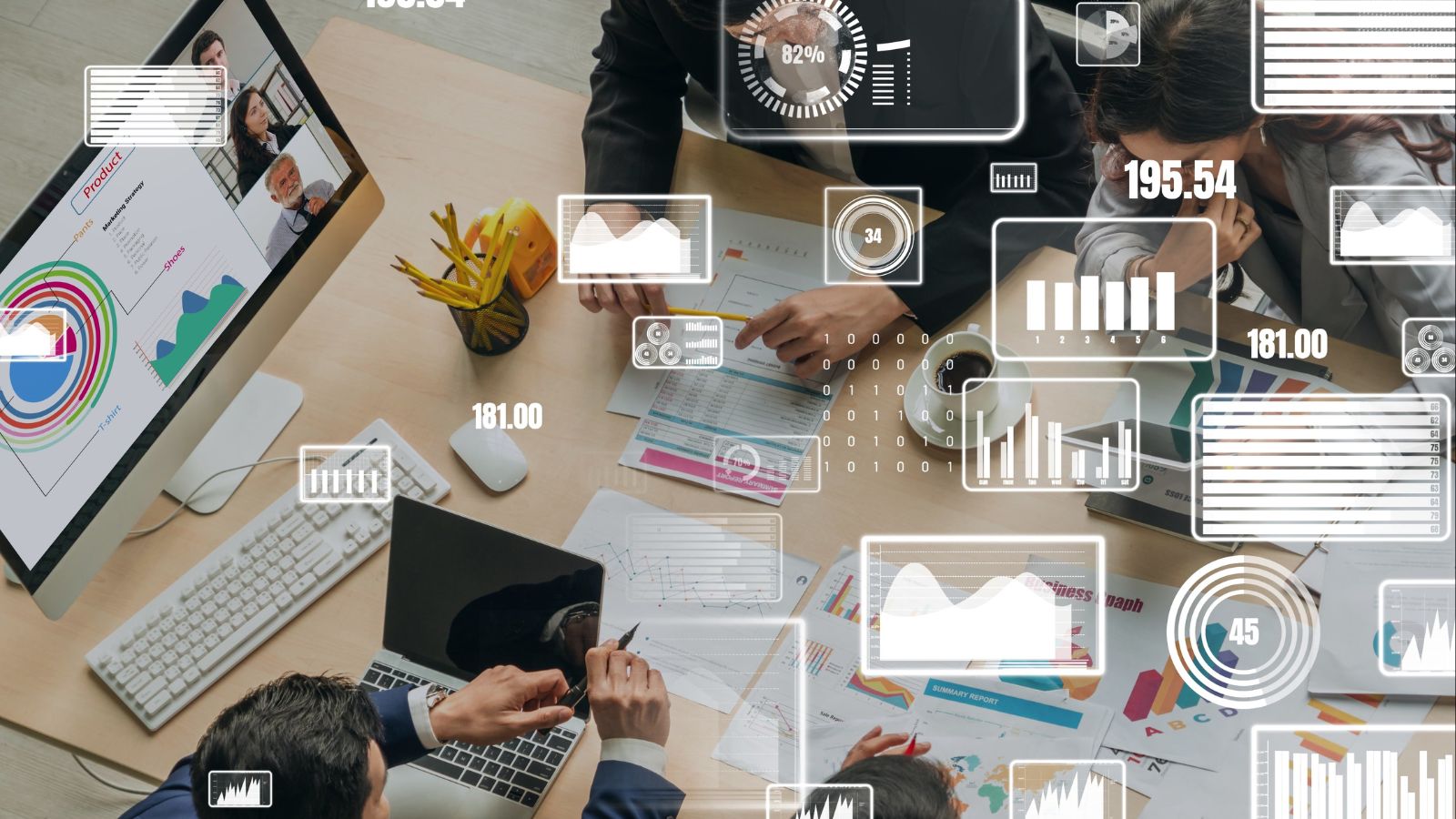
Video conferencing apps, such as Zoom and Skype often collect user data, and any unsecured meetings can be hijacked. Using strong passwords and adjusting privacy settings can prevent unauthorized access, something which you should check regularly if multiple people are using the apps.
Augmented and Virtual Reality Risks
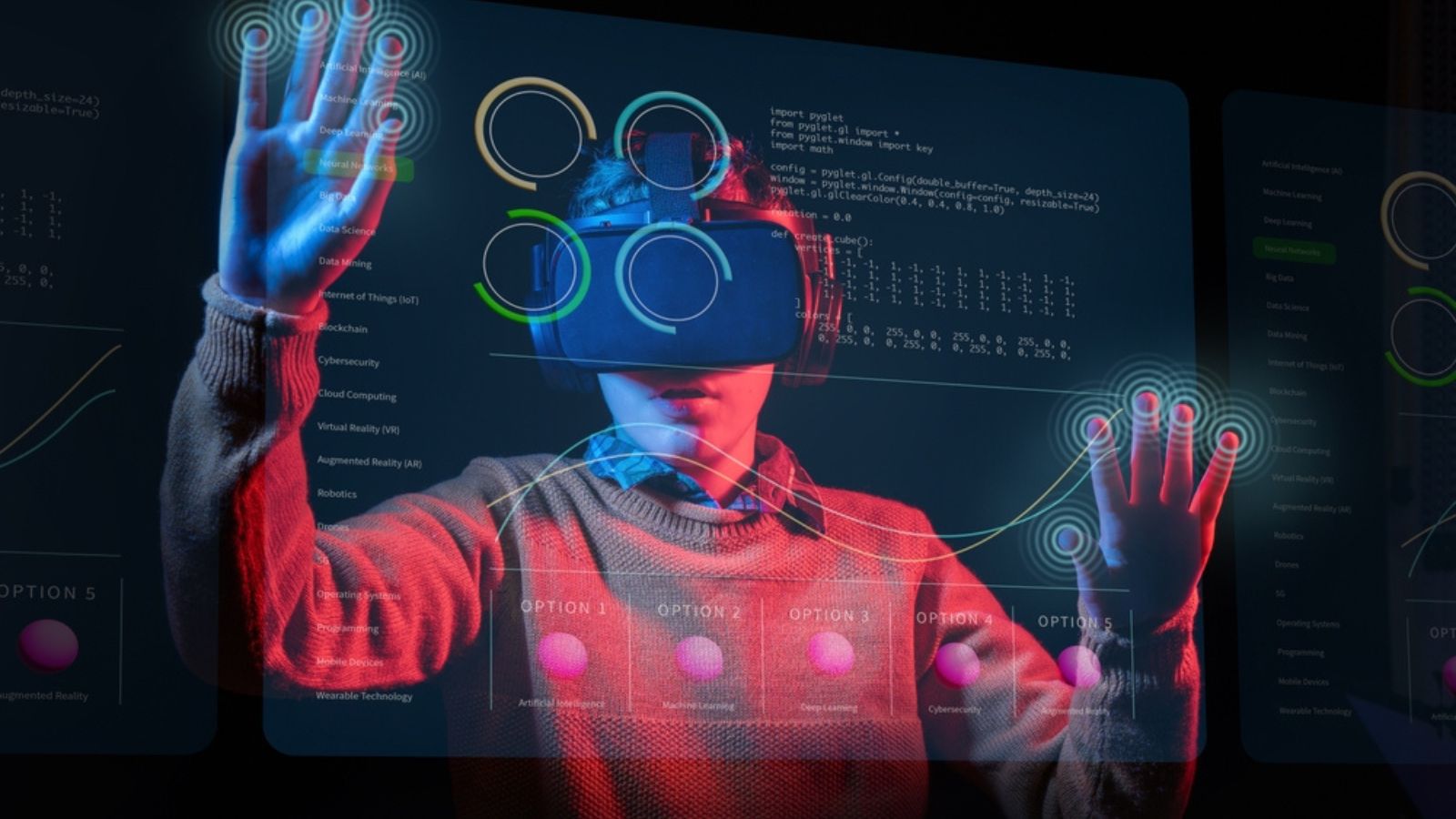
Prolonged use of AR and VR can cause motion sickness, eye strain, and disorientation. Taking frequent breaks and adjusting screen settings can help mitigate these effects.
Misinformation Threats

Deepfake technology makes it easier to manipulate information and spread it to large numbers of people quickly. False information poses risks to a reputation and democracy, which is why you should verify all information sources.
Overuse of Smart Assistants Leading to Data Leaks
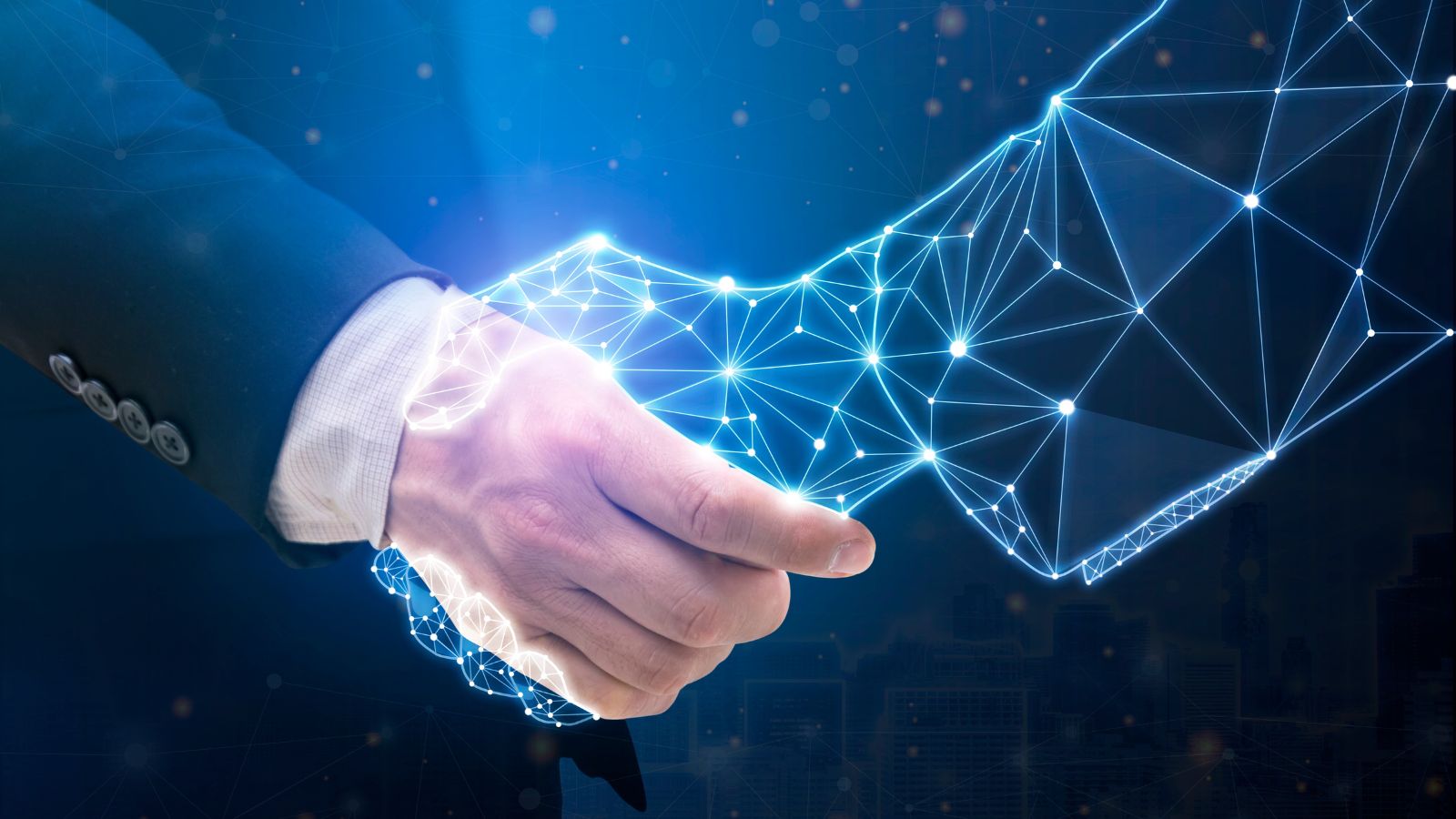
Voice assistants, such as Alexa and Siri, record and store interactions, sometimes capturing unintended conversations. Like other devices, you should review privacy settings regularly and delete stored voice data to help maintain privacy.
25 Countries Predicted to Become Economic Superpowers in the Next 20 Years

The strength of an economy plays a crucial role in various international policies about trade and relations. Certain factors determine the strength of an economy, including population growth, availability of resources, and development and advancement. Here are 25 countries predicted to become economic superpowers in the next 20 years
25 Countries Predicted to Become Economic Superpowers in the Next 20 Years
